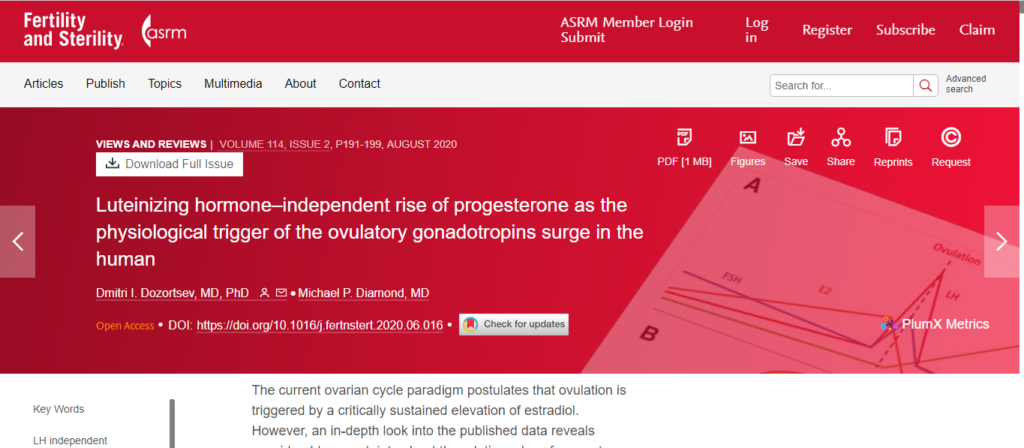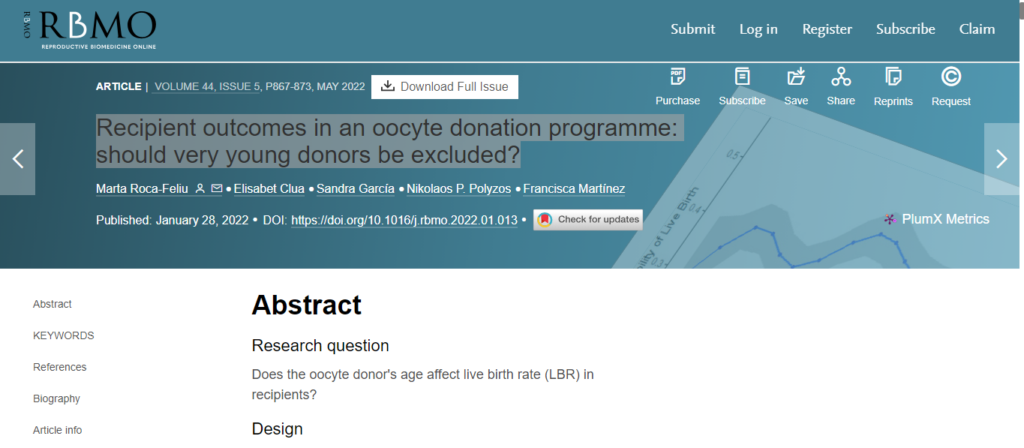Many couples struggle with fertility. Learn whether you are at risk of experiencing fertility issues and how a fertility specialist might be able to help you conceive.
Fertility problems are more common than many people realize with one out of every six couples facing issues when trying to conceive. Luckily, there are now many resources available to support and assist couples who are experiencing difficulty conceiving. If you are facing fertility struggles, read on to learn when you should seek out a specialist and what you can expect during your first visit.
When to go to a Fertility Specialist
In general, couples without fertility problems will usually conceive within four months of unprotected intercourse. If you have failed to successfully conceive after six months, it is a good idea to seek out a fertility specialist. However, under certain circumstances, it is best not to wait that long and instead go to a fertility specialist immediately.
There are many factors that impact whether or not a couple will be able to conceive successfully. The age of the woman is one of the main factors in determining the chances of a successful pregnancy. Around age 35, a woman’s chances of successful conception start dipping. By age 40, a woman’s quantity of eggs has usually dropped significantly and the remaining eggs are often of a lower quality as a result of their undergoing genetic, chromosomal, and metabolic changes, meaning that the chances of miscarriage are greater even if initial conception is achieved. After age 40, fertility treatment is likely going to be necessary, so it is best to seek out a fertility specialist right away.
In addition to the woman’s age, there are a number of other conditions related to either the male or female partner that mean you should seek a fertility specialist sooner rather than later. In general, if a couple has experienced two or more miscarriages, they should see a specialist. Additionally, if either person has been diagnosed with a serious medical condition, such as cancer, and are planning to undergo chemotherapy, they should seek a fertility specialist immediately. Otherwise, circumstances that might cause fertility issues for women include if they have a history of pelvic surgery or pelvic disease (the surgeries can potentially harm eggs or they can cause the development of pelvic scar tissue, which can then cause blockages in the fallopian tubes),
- if they have had STIs
- if they have a significant autoimmune disease
- if they have a thyroid issue
- if they have a known reproductive issue such as endometriosis or polycystic ovary syndrome (PCOS)
- if they have a mother or sister who began menopause early (before age 45)
- if they have strange symptoms like pelvic pain, irregular cycles, or a lack of periods, or if they are over 30 years old and are planning to delay childbearing.
There are also circumstances that can indicate fertility problems for men. These include if men can’t get an erection or ejaculate, if they have low sperm count, if they had undescended testes at birth, if they use illicit drugs, including marijuana, if they have a history of genital infections or trauma, or if they have poor sperm motility or morphology (issues with the speed or shape of their sperm).
What Does a Fertility Specialist do?
Fertility specialists work with couples to help them conceive. Using tests, they diagnose what might be causing your fertility struggles and then they develop a treatment plan that targets the specific issues you are facing. No matter how long you have been trying to have a child or what factors might be causing your infertility, the specialists can help troubleshoot solutions.
What to Expect at Your First Appointment with a Fertility Specialist
Your first meeting with a fertility specialist most likely won’t last more than two hours and it will largely revolve around reviewing your medical history and discussing the fertility testing that you will undergo. This testing will involve blood work and physical examinations for both partners as well as semen analysis for men and ultrasounds to look at the uterus for women. If you have previously done fertility testing, the specialist might be able to come up with a more definite fertility plan during the first visit. Otherwise, they will propose a more general plan that will become more specific as the results from the tests come back.
If you are experiencing any of the items discussed above, please do not hesitate to contact us to schedule an appointment so that a fertility specialist at AFCT can walk you through your possible next steps. Many people struggle with fertility and we at AFCT are here to support you through your journey.


